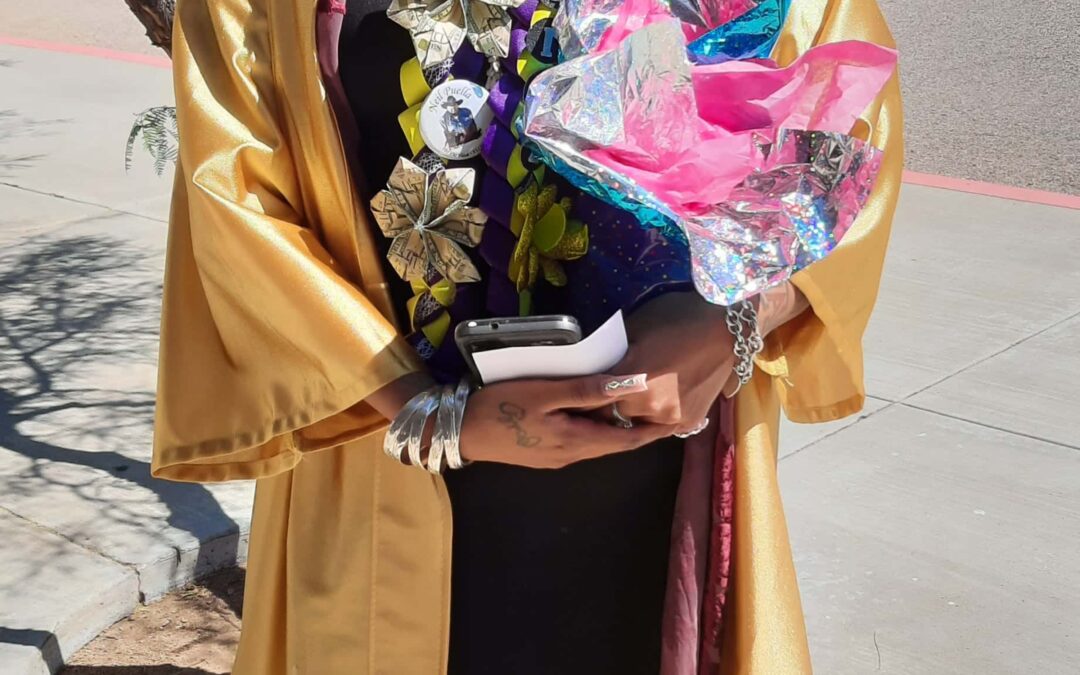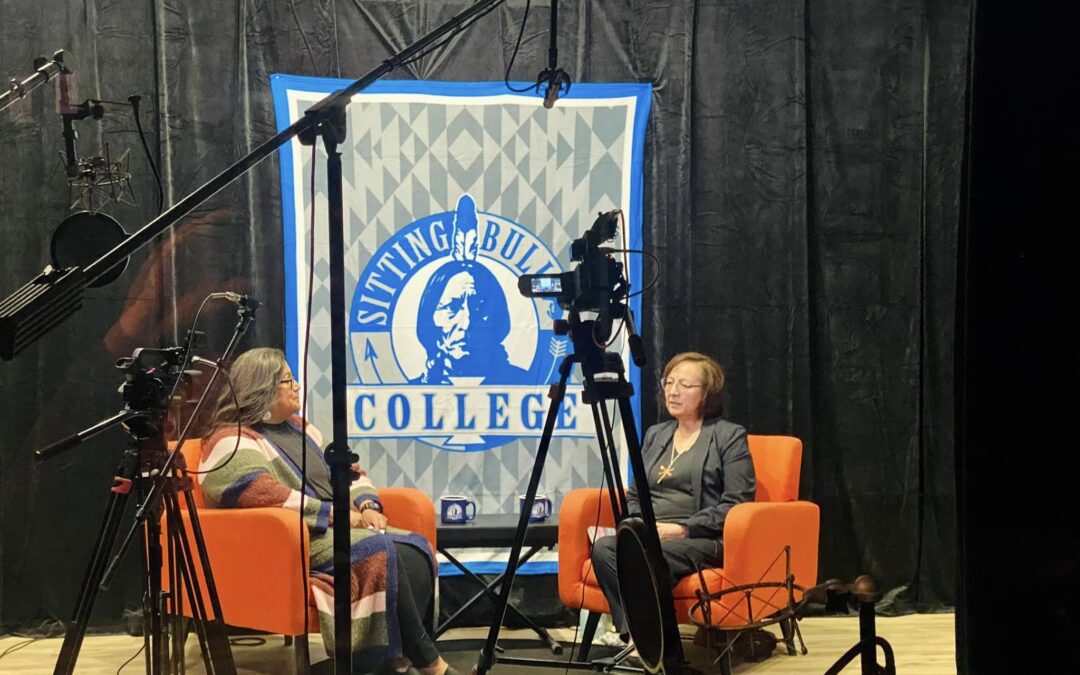Do you remember when you first learned about an event in American history portrayed through the eyes of American Indians? The narrative is often quite different in events. The Battle at Little Big Horn is just one example, with accounts by soldiers portraying Custer’s men in a much more valiant and favorable light than those eyewitness accounts rendered by American Indian witnesses. (Smithsonian magazine has an excellent article on the subject here http://www.smithsonianmag.com/history-archaeology/How-the-Battle-of-Little-Bighorn-Was-Won.html)
Tribal colleges are important because they allow American Indian students to explore Native narratives of science, history, and more. There are as many versions of history as there were participants, and tribal colleges do not discount Native truths.
Weigh in. How do you feel tribal colleges help you intellectually explore and contest widely held beliefs and narratives?








